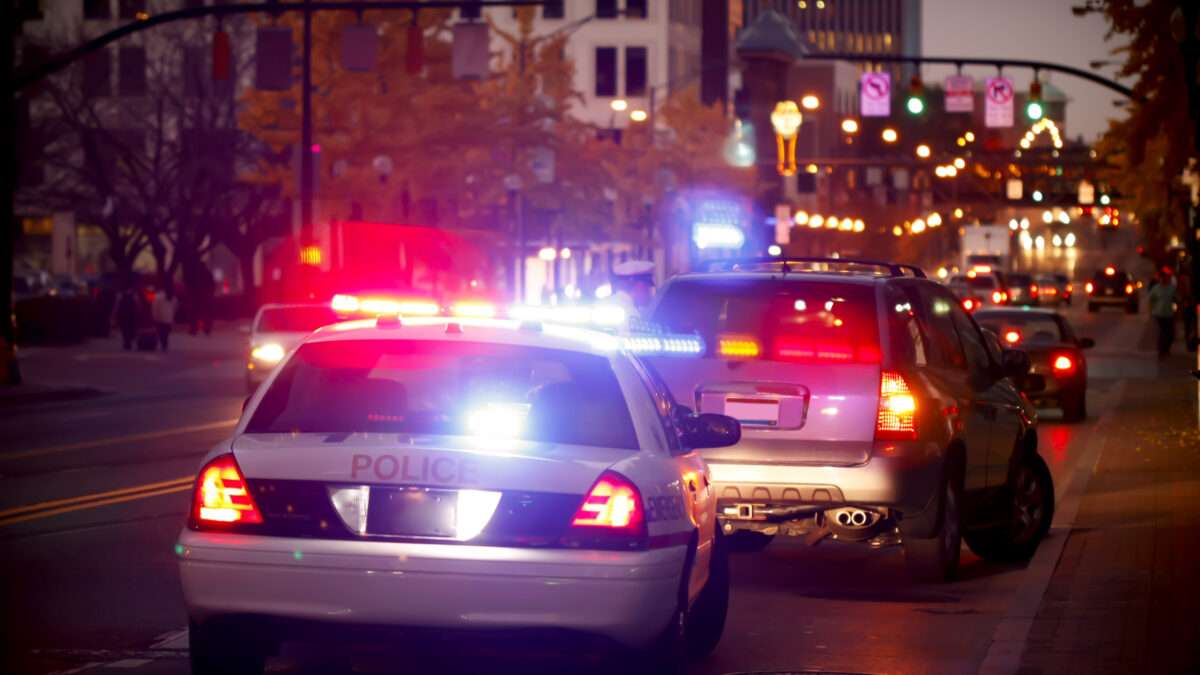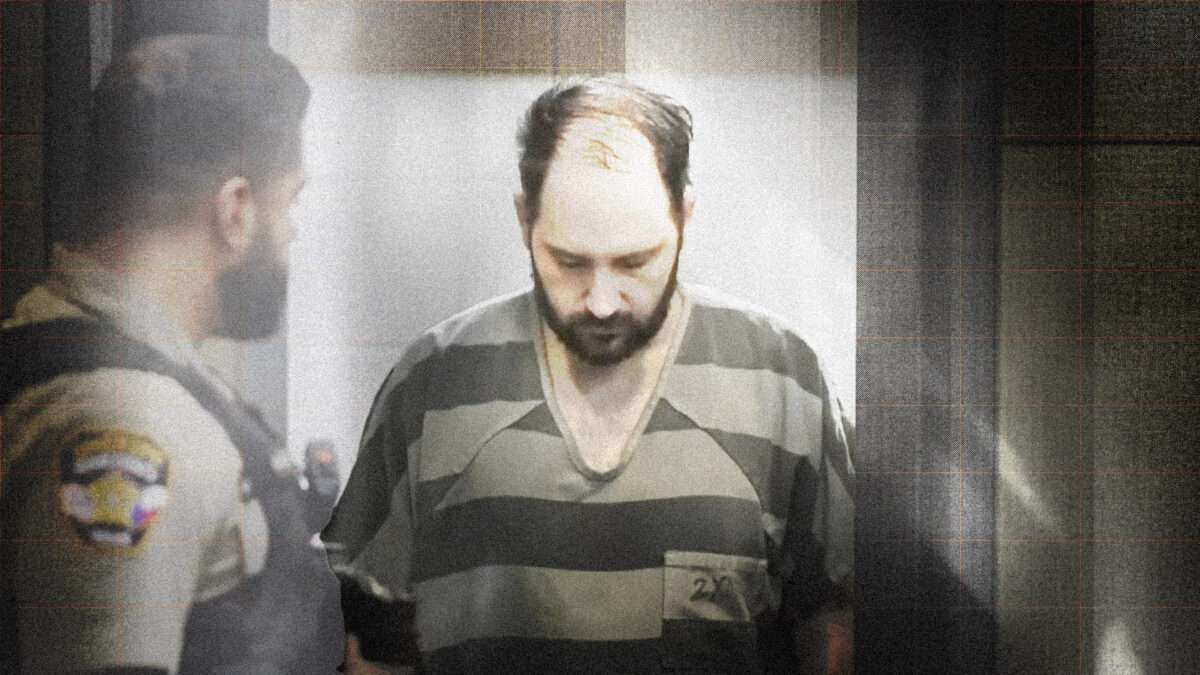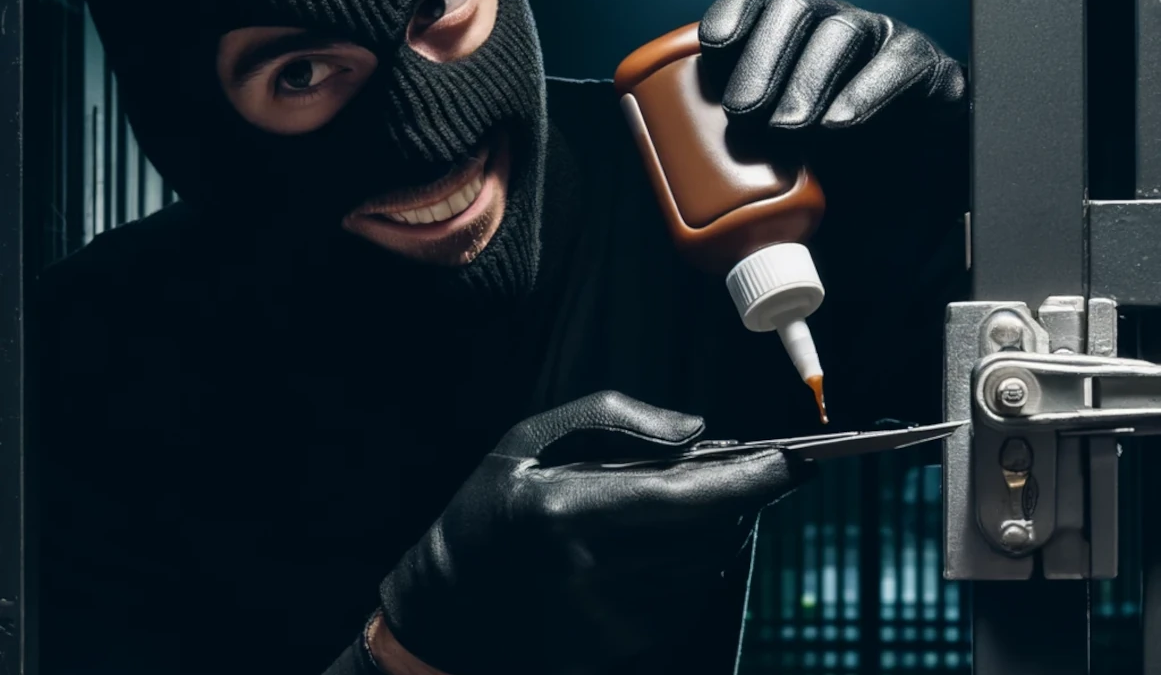Police Cannot Seize Property Indefinitely After an Arrest, Federal Court Rules

The Fourth Amendment's protection against unreasonable searches and seizures extends to the length of a seizure, a federal court ruled last week, significantly restricting how long law enforcement can retain private property after an arrest.
"When the government seizes property incident to a lawful arrest, the Fourth Amendment requires that any continued possession of the property must be reasonable," wrote Judge Gregory Katsas of the U.S. Court of Appeals for the District of Columbia in a unanimous ruling.
Most courts of appeal to pass judgment on the issue—namely, the 1st, 2nd, 6th, 7th, and 11th circuits—have held that, once an item is seized, law enforcement can retain the item indefinitely without violating the Fourth Amendment. These precedents have allowed police to retain personal property without clear legal grounds, effectively stripping people of their property rights merely because they were arrested. The D.C. Court of Appeals' ruling complicates this general consensus.
Though law enforcement does not have to return property "instantaneously," Katsas wrote, the Fourth Amendment requires that any "continuing retention of seized property" be reasonable. So while police can use seized items for "legitimate law-enforcement purposes," such as for evidence at trial, and are permitted some delay for "matching a person with his effects," prolonged seizures serving no important function can implicate the Fourth Amendment, the court ruled.
Given that the D.C. court finds itself in the minority on the question, some say that the case may be primed for the Supreme Court if the District chooses to appeal. "This case has potential to make national precedent," Paul Belonick, a professor at the University of California, San Francisco law school, tells Reason. "The influential D.C. Circuit deliberately intensified a circuit split and put itself in the minority of circuits on the question, teeing it up cleanly for certiorari."
The plaintiffs each had their property seized by D.C.'s Metropolitan Police Department (MPD). Five of the plaintiffs were arrested during a Black Lives Matter protest in the Adams Morgan neighborhood of D.C. on August 13, 2020.
As they were arrested, MPD officers seized their phones and other items. Though the protesters did not face any charges and were, in Katsas' words, "quickly released," MPD retained their phones for around a year. Some of the plaintiffs had to wait over 14 months to get their property back.
In the meantime, the plaintiffs say that they were forced to replace their phones and lost access to the important information on the originals, including personal files, contacts, and passwords. "The plaintiffs have alleged that the seizures at issue, though lawful at their inception, later came to unreasonably interfere with their protected possessory interests in their own property," Katsas explained.
"MPD is aware of the ruling and will continue to work with our partners at the United States Attorney's Office to ensure that our members are trained appropriately to ensure compliance with recent rulings," a spokesperson for MPD tells Reason.
"Practically, this case is important because police have been exploiting a gap in the Fourth Amendment," Andrew Ferguson, a professor at American University's Washington College of Law, tells Reason. "In situations where there is a lawful arrest, but no prosecution, there are no clear rules on retaining personal property. In these cases, police have been confiscating phones to punish protestors."
Michael Perloff, the lead attorney for the plaintiffs, agreed that the D.C. Circuit's decision could set an important precedent going forward. "Nationally, we've seen litigants attempt to challenge similar practices only to fail because the court concluded that the Fourth Amendment does not limit the duration of a seizure," he tells Reason. "Moving forward, we are hopeful that the D.C. Circuit's opinion will lead courts to reconsider those rulings and, instead, enforce the Fourth Amendment as fully as the framers intended."
The post Police Cannot Seize Property Indefinitely After an Arrest, Federal Court Rules appeared first on Reason.com.




